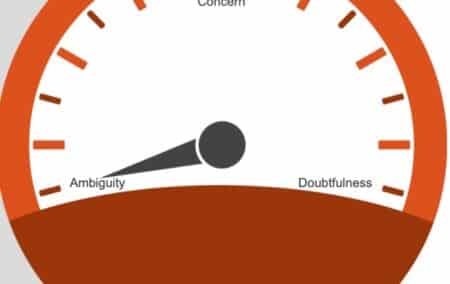Policy uncertainty remains a key problem for South Africa, even though there is some positive movement in this regard. This is the word from the Policy Uncertainty Index produced by the North West University Business School.
Its report for the First Quarter of 2021 reported that the PUI Index had fallen slightly to 55.2 from 56.7 in in the Fourth Quarter of 2020. However, coming in at above 50, it was still in negative territory.
The report detailed the upbeat prospects for the world as a whole, and the prospects for a ‘rebound’ in South Africa after the 7% GDP decline in 2020. The recovery, it noted, was still ‘brittle’.
In terms of policy certainty, positive developments included the State of the Nation address and the Budget, which ‘sought to nudge the policy framework towards a more growth-oriented stance within the new Economic Reconstruction and Recovery Plan (ERRP), as well as dealing with the on-going pandemic.’
It also described as positive developments in exports, in energy policy, in regard to inflation and in infrastructure planning. In these respects, it termed the success of Operation Vulindlela (whose aim is to ‘fast-track the implementation of high-impact reforms, addressing obstacles or delays to ensure execution on policy commitments’) and the implementation of structural reform as ‘an essential requirement’.
However, it notes on the negative side that implementation risks remain, such as on controlling the public sector wage bill. Doubts have been expressed by ratings agencies about South Africa’s fiscal trajectory, possible future lockdowns, uncertainties about the vaccine rollout, domestic electricity supply and factionalism in the ANC.
The report comments: ‘It remains necessary to create an investment-friendly policy environment to underpin future growth, based on an implementation-led recovery. The challenge now is to convert the anticipated short-term economic recovery in 2021 into sustained job-rich growth in the period ahead.’

